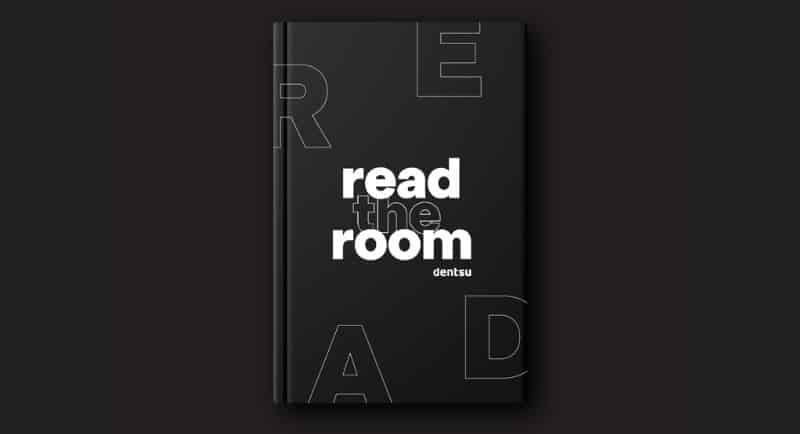Dentsu’s second annual proprietary consumer sentiment report, Read the Room, has revealed that just over half of Australians are struggling financially and not making enough money each month to make ends meet.
Compiled of more than 4,300 Australians, the Read the Room report is aimed at understanding consumer sentiment towards the household budget, and how and where Australians plan to shift their spending.
Building on last year’s survey, the report offers further insights into how key consumer segments are responding to the changing economy, the cost-of-living crisis and rising interest rates.
Australians are drastically reprioritising their money as certain expenses begin to be perceived as a luxury.
Half of Australians surveyed believe having more than one video subscription service, such as Netflix, Stan or Disney+, is a luxury rather than a necessity, while 33% view having a single subscription is a luxury, compared to 12% who consider it a necessity.
More than half (60%) of Australians consider purchasing a new mobile phone every year as a luxury, while nearly half of Australians (43%) believe eating out on a regular basis is a luxury, with this increasing to 59% when eating out at expensive restaurants. 40% of Australians report buying cheaper alcohol due to increased costs while over half of Australians have refrained from buying as much alcohol as they previously did due to the increased cost.
While the Dentsu report indicates the drastic effects of the Reserve Board’s 12-interest rate rises since May last year from 0.1% to 4.1% on consumer sentiment, it also reveals that compared to last year, Australians show greater confidence in certain aspects of the economy, with 50% reporting higher confidence in the stock market, up 3% year-on-year, and 46% believing that Australian inflation will be brought under control, up 2% from 2022.

David Halter
David Halter, chief strategy officer at Dentsu Creative ANZ, said: “The second iteration of our Read the Room research paints a very real picture of how Australians are responding to inflation, rising interest rates, and stagnant wages.
“We believe the household budget is the bedrock for consumer brand success and as this scenario continues to play out, it is fundamental for businesses to have strong insights into how the whole nation is feeling and intending to behave to ensure they are best oriented to meet their customers’ needs and can be responsive as they change.
“No single category will go unaffected as Australians tighten their belts, cut back on expenses, and seek out cheaper alternative brands to make their household staple. The proportion of people who feel that they have money left over after meeting commitments is at its lowest point since 2015.
“Businesses must be thinking about their marketing strategies as the economic conditions shift and continue to invest. There are pockets of opportunities everywhere and our research helps identify them within the doom and gloom headlines dominating the news cycle. Read The Room reminds all of us to remain focused on the customer,” said Halter.
The Dentsu Read the Room report breaks Australians into five groups – the Rich & Ready, the Bet Hedgers, the Wealthy & Unwise, the Suffering & Scared, and those Living for Today – to help marketers and business leaders read between the doom and gloom of news headlines and to better understand different consumers and their changing needs.
Halter continued: “Knowing which group your core consumers are in is the first step for any marketer navigating the current economic conditions. The key takeaway from our second wave of research is the Baby Boomer generation are less affected than younger generations who are really feeling the pinch of cost-of-living, with the 55+ category a real opportunity for many brands to find growth.
“For businesses, the key questions are where does your product or service sit, and is there an opportunity to reframe, reposition or re-promote to align with real needs? Economic uncertainty is almost business-as-usual now, but marketing and product leaders must be routinely thinking about how changing circumstances are affecting their customers.
“For many businesses, understanding who to attack and defend is now crucial. It’s integral to be able to diagnose where your product or services sits and if it is a necessity, a treat, an on-hold or a luxury item as the economy situation continues to change at pace,” Halter added.
